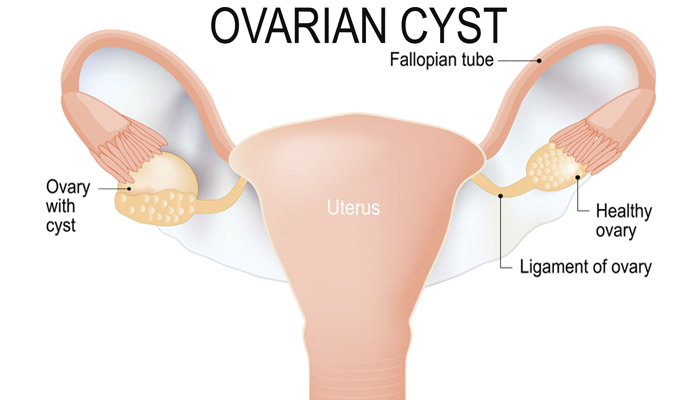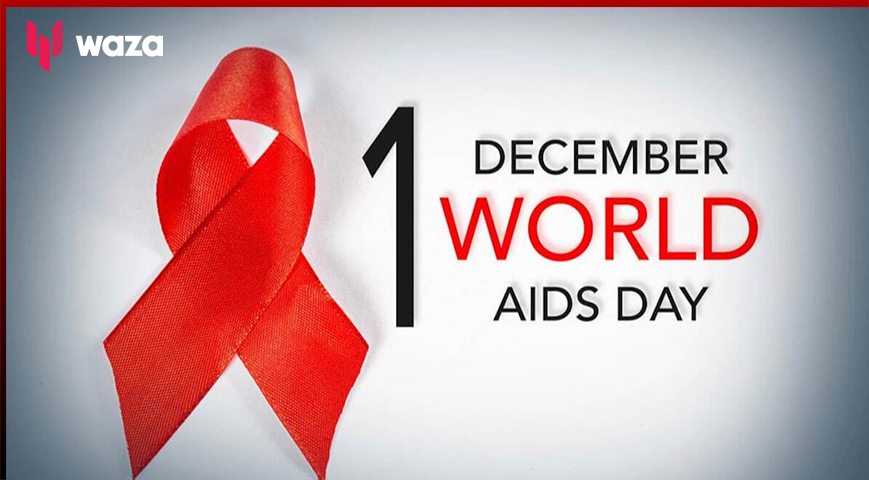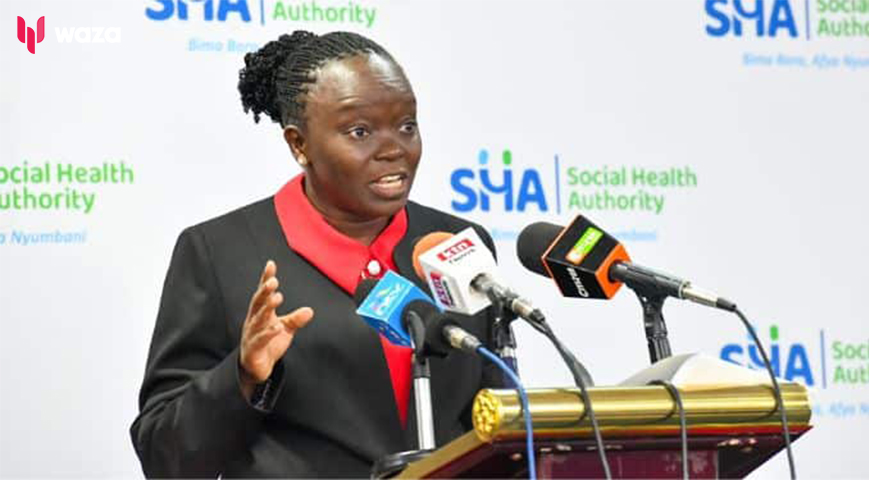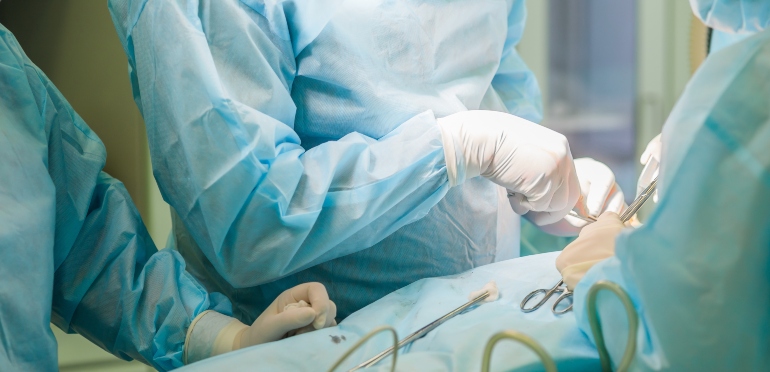Ovarian Cysts are one of the diseases that affect women. This happens when fluid-filled sacs are seen. All women of childbearing age can get affected by this condition.
Though in rare cases, the cysts can be cancerous.
Ovarian cysts can cause various symptoms, including abdominal pain, bloating, and irregular periods. We'll talk about ovarian cyst causes and prevention strategies in this article.
Did you read this?
Ovarian cyst causes
Hormonal abnormalities are the ovarian cysts' leading cause. The ovaries' production of estrogen and progesterone regulates the menstrual cycle. Cysts may develop when these hormones are not balanced at the cellular level. These hormonal abnormalities may be brought on by diseases like Polycystic Ovary Syndrome (PCOS) or thyroid issues, among other conditions.
The ovulation process is another typical contributor to ovarian cysts. The ovary releases an egg during ovulation, and a cyst known as a functional cyst may develop as well. Usually benign, these cysts go away on their own in a few months.
Endometriosis, pelvic infections, and past ovarian surgery are some additional causes of ovarian cysts. Ovarian cysts can occasionally be a sign of ovarian cancer.
Ovarian cyst symptoms
Ovarian cyst symptoms can change based on the cyst's size and location.
While some women may have no symptoms, others might have terrible pain and discomfort.
Ovarian cysts commonly manifest as:
- Abdominal pressure or pain
- Bloating or enlargement
- Irregular cycles
- Painful sex exchange
- Problems with urine or bowel motions
A woman should contact a doctor for a correct diagnosis if she has any of these symptoms.
Treatment and Diagnosis of Ovarian Cysts
The pelvic exam is the initial step in the diagnosis of ovarian cysts.
The doctor will examine the ovaries for any lumps or tumors.
On an ultrasound, the cyst could occasionally be seen.
It is also possible to perform blood tests to look for hormonal abnormalities.
Ovarian cysts typically don't need to be treated and go away alone in a few months.
The doctor may suggest one of the following remedies if the cyst is painful or uncomfortable or if there is fear that it could be cancerous:
Hormone-balancing birth control tablets to stop the growth of new cysts surgical removal of the cyst, close observation of the cyst, and frequent ultrasounds
How To Avoid Ovarian Cysts
The greatest strategy for preventing ovarian cyst is to keep a healthy lifestyle. This involves maintaining a healthy weight, exercising frequently, and controlling stress. Hormone management and cyst development are two additional benefits of birth control tablets.
Women with conditions like PCOS or a family history of ovarian cysts may be more susceptible to developing cysts. These women need extra care to lead healthy lifestyles and visit their doctor frequently for checkups.
Who Get Ovarian Cysts?
Women of childbearing age frequently get ovarian cysts. They are mostly benign and brought on by ovulation or hormonal abnormalities. Abdominal pain, bloating, and irregular heartbeat are some symptoms.
They are mostly benign and brought on by ovulation or hormonal abnormalities.
Signs And Symptoms
Abdominal pain, bloating, and irregular periods are some of the symptoms.
Birth control pills, surgery, or careful cyst monitoring are all possible treatments.
Ovarian cysts can be avoided by leading a healthy lifestyle and visiting the doctor frequently for checkups.











